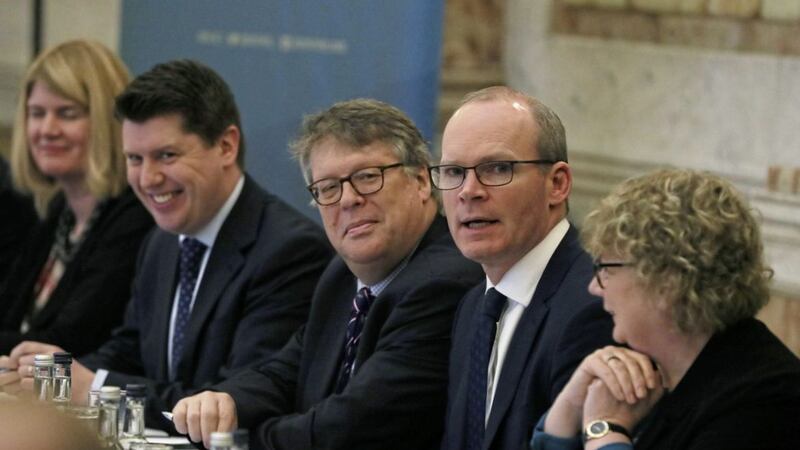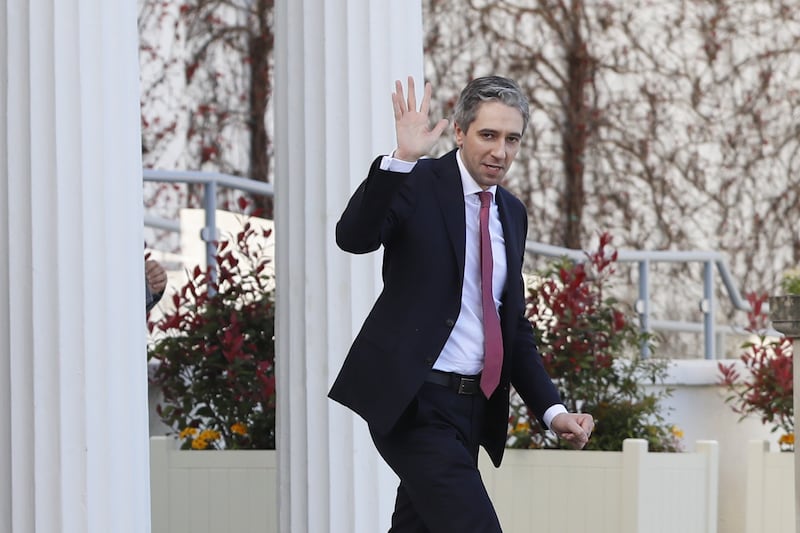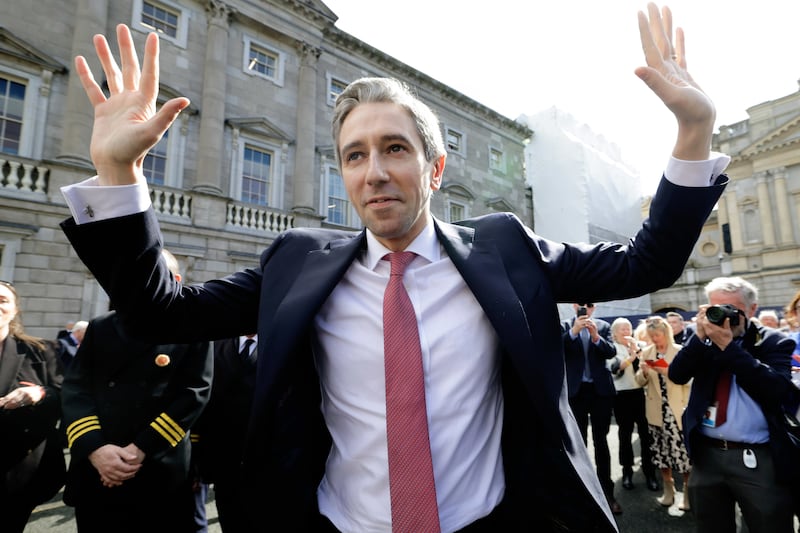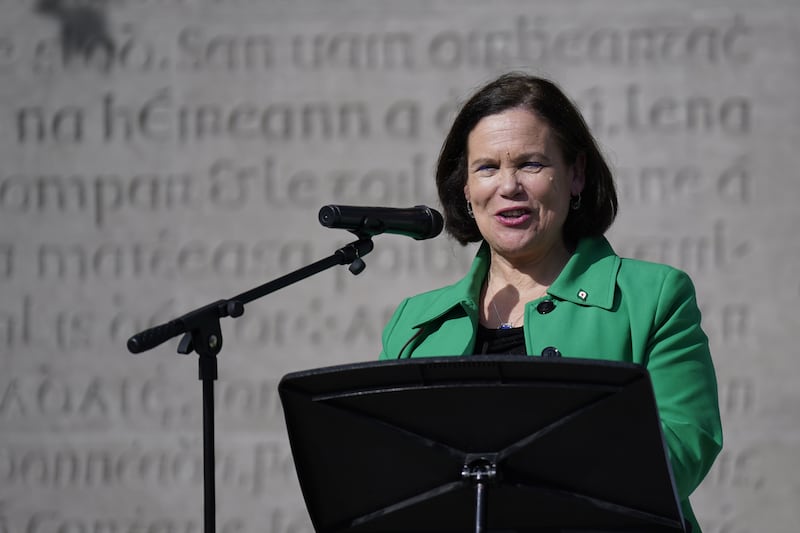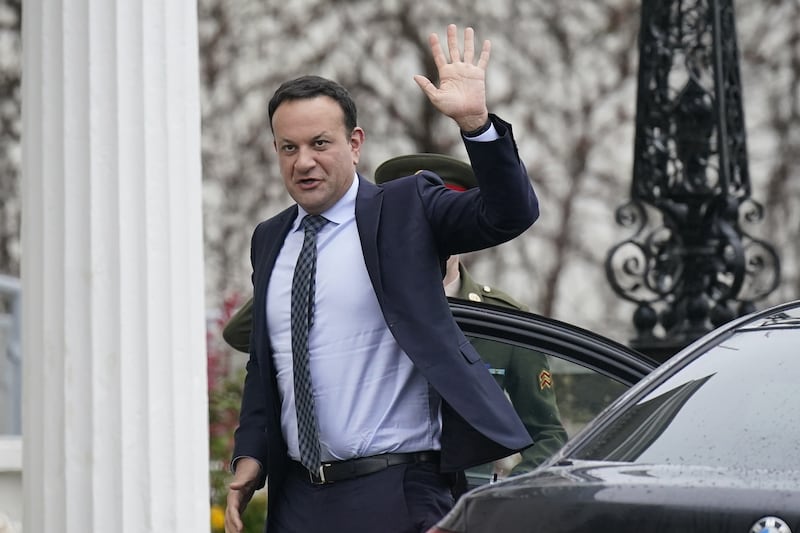THE Dublin government has urged businesses to step up their contingency plans for a no-deal Brexit.
Taoiseach Leo Varadkar said there would be a certain level of disruption caused by the UK's exit from the EU but that the government was doing all it could to minimise it.
Mr Varadkar said: "I urge businesses to step up their contingency planning for a no-deal Brexit and to utilise the supports available.
"Brexit of any kind means change for the worse and no country can be fully prepared for no deal.
"It is uncharted territory."
Mr Varadkar made the comments on the second day of debate in the Dáil on the government's no-deal Brexit emergency plans.
The debate got under way in the Dáil on Tuesday following the publication of the proposed legislation on Friday.
The Omnibus Bill, which will be fast-tracked through the Oireachtas, features a wide range of worst-case contingency laws that will be enacted if the UK leaves the EU without a deal.
It is designed to support businesses and jobs affected by a no-deal and secure ongoing access to essential services and products across the border.
Mr Varadkar told TD's that it was essential that the bill passes through all stages of the Dáil and Seanad in a timely fashion to ensure it is ready to be used on March 29 if needed.
Fianna Fáil leader Michéal Martin said nobody could seriously claim that businesses would be fully prepared by March 29, despite the many contingency plans that are under way.
"The government has not answered the simple question of what will happen at the border on March 29 if there is no deal," he said,
"We have been told repeatedly what is 'not being contemplated' or 'not being planned' – but equally we have been told that a hard Brexit, and a no-deal is the hardest of all Brexits, will cause serious disruption."
Mr Martin claimed the taoiseach, foreign affairs minister Simon Coveney and transport minister Shane Ross had all made "entirely contradictory statements".
"According to the taoiseach, the army may be sent to the border. According to minister Ross, there may be security checks," he said.
"But according to the tánaiste, there are no such actions likely or being considered."
Mr Martin told the Dáil that clarity was needed on the matter.
"It is just not credible for the government to claim it has not studied what might happen or not happen at the border on March 29," he said.
Mr Martin said that despite the bill being debated too close to the March deadline, it must be passed.
The bill, known as the Miscellaneous Provisions (Withdrawal of the United Kingdom from the European Union on 29 March 2019) Bill, is made up of 15 parts and was prepared by nine ministers.
The proposed laws cover a wide range of areas and focus on protecting Irish citizens' rights, supporting businesses and jobs, healthcare, transport, education and energy.
